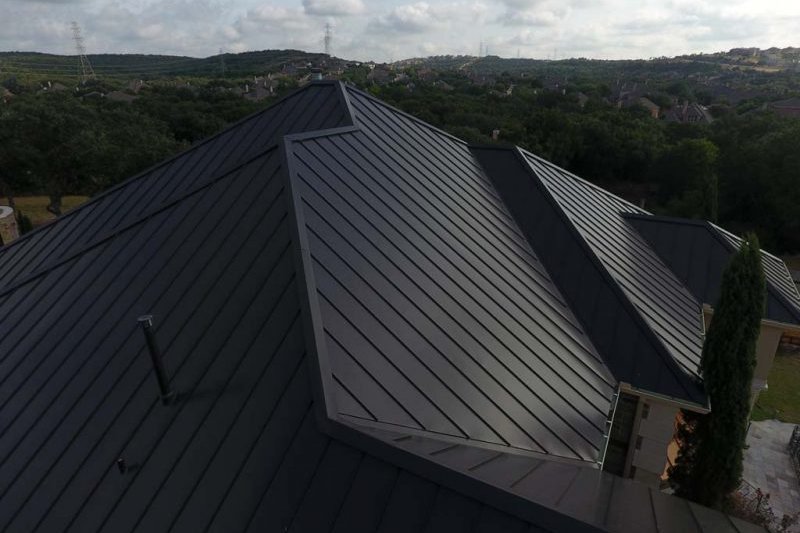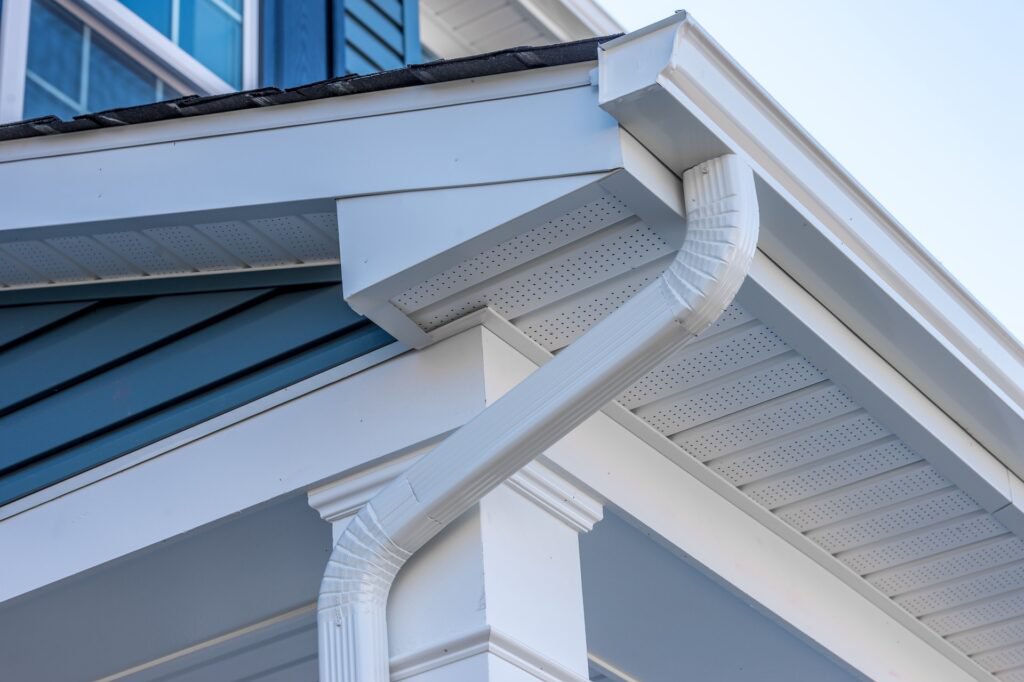How to Choose the Best Roofers in Portland, Oregon
Your roof is one of the most critical components protecting your home from the elements, especially in a region known for its rainfall like Portland, Oregon. Selecting the right roofing contractor is a decision that impacts the longevity and integrity of your home for years to come. A well-executed roofing project provides peace of mind, while a poorly chosen contractor can lead to costly mistakes, delays, and future problems. This guide is designed to walk you through the essential steps of finding, vetting, and hiring qualified professionals to ensure your roofing project is handled correctly from start to finish.
Recognizing the Need for Roofing Services
Before you can choose a roofer, you first need to determine if your roof needs attention. Recognizing the signs of wear and tear, damage, or age is the first step. Common indicators include:
- Visible Leaks: Water stains on ceilings or walls are a clear sign of a roof leak.
- Missing or Damaged Shingles: Shingles that are cracked, curled, buckled, or missing entirely leave your roof vulnerable.
- Granule Loss: Excessive asphalt shingle granules accumulating in gutters can indicate that the shingles are nearing the end of their lifespan.
- Moss and Algae Growth: While common in damp climates, extensive moss can trap moisture and damage roofing materials over time.
- Sagging Roof Deck: A visible sag in the roofline could point to structural issues or damaged decking.
- Age: Most asphalt shingle roofs last 20-25 years. If your roof is approaching or exceeding this age, it's wise to have it evaluated.
Understanding the nature of your roofing need helps determine the urgency. An active leak or damage from a storm requires immediate professional attention. Planned roof replacements or evaluations for budgeting fall into the non-urgent category.
For homeowners in non-urgent situations, such as planning a future replacement, budgeting, or simply curious about their roof's condition without immediate issues, getting an initial estimate can be incredibly helpful.
If you're planning ahead, budgeting for a future project, or want a general idea of costs without an in-person visit, you can get a quick assessment.
Get your free instant roof estimate
Conversely, if you're dealing with an active leak, recent storm damage, or any situation demanding prompt professional inspection and repair, booking an appointment directly is often the fastest route to getting help.
For urgent issues like leaks or storm damage, or if you need a professional on-site quickly, you can schedule a direct appointment with a qualified roofer.
Book a roofing appointment
Starting Your Search for Roofers
Once you've determined that you need roofing services, the next step is to find potential contractors. Relying solely on the first company you find is not advisable. A thorough search is key to finding reliable professionals.
Begin by seeking recommendations from neighbors, friends, or family who have recently had roofing work done. Personal referrals can be invaluable. Additionally, utilize online search engines and directories, but look beyond just the top results. Check local business listings and industry associations.
Focus your search on contractors who are based in or have a strong presence in your area. Local roofers are more likely to be familiar with regional building codes, climate challenges (like heavy rain or moss growth), and have established relationships with local suppliers.
The Critical Vetting Process
Finding potential roofers is just the beginning. The most crucial step is thoroughly vetting each candidate to ensure they are qualified, reputable, and reliable. This process involves more than just checking if they answer the phone. Based on expert advice, here are the key areas to investigate:
Verify Licensing and Insurance
This is non-negotiable. Any legitimate roofing contractor should be properly licensed by the state and local authorities. Licensing ensures they have met minimum standards of competence and business practice. In Oregon, contractors are licensed by the Oregon Construction Contractors Board (CCB). You can verify a contractor's license status, history, and complaint record on the CCB website.
Equally important is insurance. A contractor should carry both general liability insurance and workers' compensation insurance.
- General liability insurance protects you, the homeowner, from damage to your property caused by the contractor or their crew during the project.
- Workers' compensation insurance covers medical expenses and lost wages for workers injured on your property. If a contractor doesn't have this, you could potentially be held liable if a worker gets hurt. Always ask for current certificates of insurance directly from the insurance provider, not just a copy provided by the contractor.
Always verify a contractor's licensing and insurance BEFORE signing any contract or making a payment. Request copies of current certificates.
Check for Experience
While new companies can be competent, experience often translates to smoother projects and better problem-solving abilities. Look for contractors with a proven track record, ideally at least 5 years of experience in the roofing industry, particularly working on homes similar to yours and in the local climate. Ask about their experience with the specific type of roofing material you plan to use.
Request and Check References
A reputable contractor should be happy to provide you with a list of recent customers. Ask for at least 3-5 recent references for projects similar in scope to yours. When contacting references, ask specific questions:
- Was the project completed on time and within budget?
- Were there any unexpected issues, and how were they handled?
- Was the communication clear and consistent?
- Was the job site kept clean and safe?
- Would they hire the contractor again?
Don't just call; if possible, drive by the reference's house (with their permission) to see the finished work yourself.
Review Past Work and Portfolio
Ask to see photos or a portfolio of their completed projects. This gives you a visual sense of their quality of work and attention to detail. Some contractors may even have addresses of past projects you can view from the street (respecting the homeowner's privacy).
Evaluate Online Reviews and Reputation
Check online review sites (like Google, Yelp, Angie's List, BBB). Look at both the overall rating and read individual reviews. Be wary of contractors with consistently negative reviews or a pattern of complaints regarding the same issues (e.g., poor communication, unfinished work, billing disputes). Also, see how the contractor responds to negative reviews – a professional response can indicate a commitment to resolving issues.
Assess Communication and Professionalism
Pay attention to how the contractor communicates from your initial contact. Are they prompt in responding? Are they courteous and professional? Do they listen to your concerns and answer your questions clearly? A contractor who is difficult to reach or seems uninterested during the vetting phase will likely be even harder to deal with once the project starts. Their level of professionalism is a good indicator of how they run their business and treat their customers.
Consider Certifications and Affiliations
Some roofers hold certifications from major roofing material manufacturers (like GAF, CertainTeed, Owens Corning, Malarkey). These certifications often mean the contractor has received specific training and can offer enhanced warranties on materials. Membership in local or national roofing associations can also indicate a contractor's commitment to industry standards and ethics.
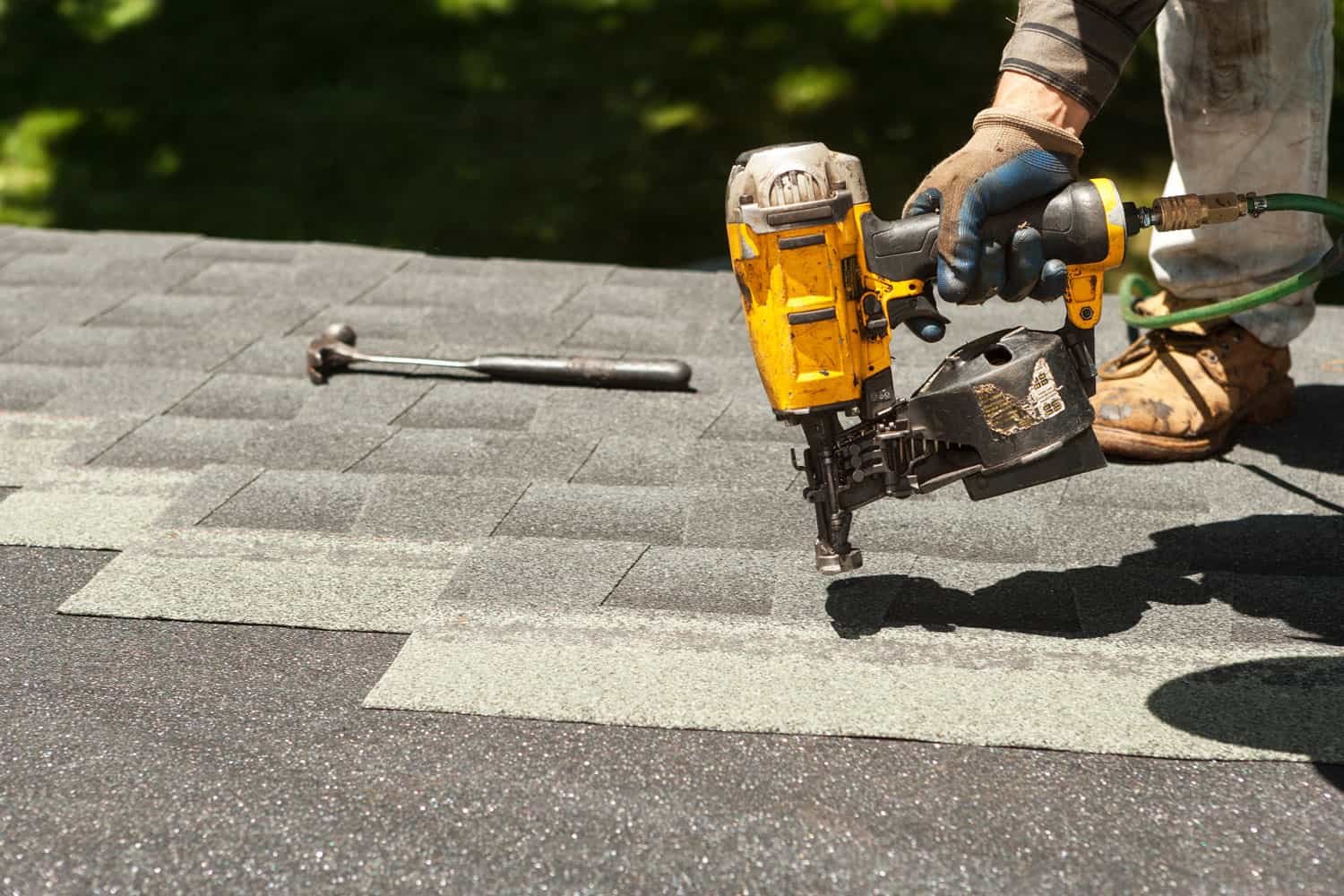
Getting and Comparing Estimates
Once you have narrowed down your list to 2-3 qualified candidates based on your vetting process, it's time to get detailed estimates. Getting multiple bids is essential for comparing costs, understanding the proposed scope of work, and evaluating the contractor's approach.
What a Comprehensive Estimate Includes
A professional estimate should be detailed and clearly itemize all costs and work to be performed. It should include:
- Detailed Scope of Work: What exactly will be done? This includes removing old roofing layers (and how many), repairing decking (including cost per sheet if needed), installing underlayment, flashing, vents, and the new roofing material.
- Materials: Specify the type, manufacturer, product line, and color of all materials to be used (shingles, underlayment, flashing, nails, etc.).
- Timeline: A projected start date and estimated completion date.
- Total Cost: The complete price for the project, including labor and materials.
- Payment Schedule: How payments will be made (e.g., deposit, progress payments, final payment upon completion). Be wary of contractors asking for a large percentage upfront.
- Warranty Information: Details on the contractor's workmanship warranty and the manufacturer's material warranty.
- Cleanup Plan: How debris will be handled and the job site cleaned daily and upon completion.
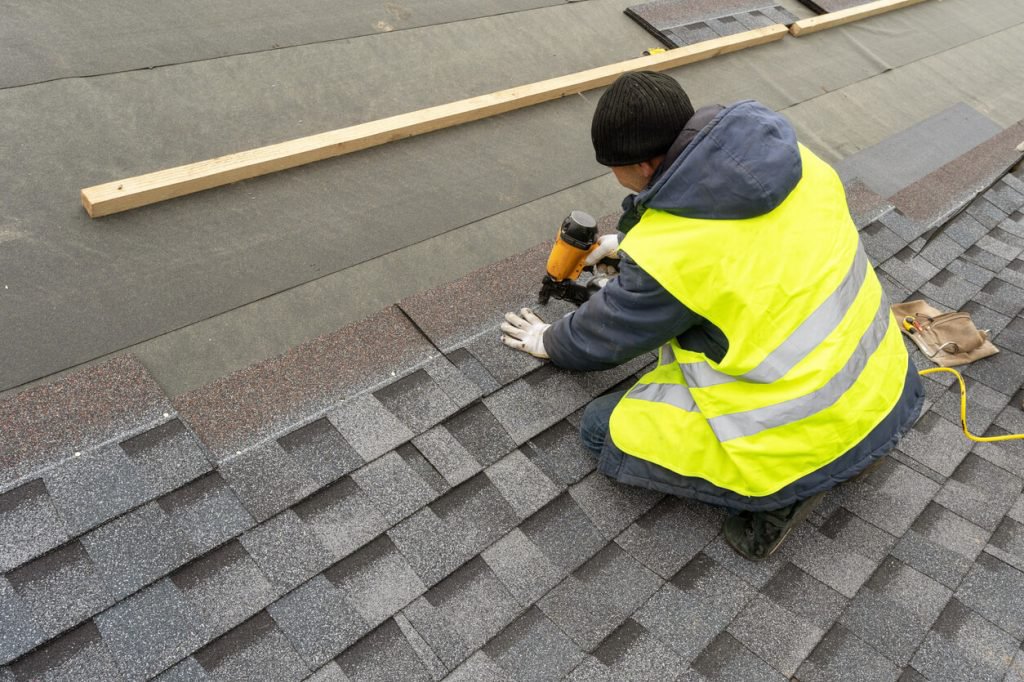
Comparing Bids Fairly
Don't just compare the bottom-line price. Compare the estimates side-by-side based on the scope of work and materials specified.
- Is everyone proposing the same solution and materials?
- Are there differences in the proposed underlayment, flashing, or ventilation systems? These details can significantly impact the roof's performance and longevity.
- Are the warranties comparable?
- Is the payment schedule reasonable?
An estimate that is significantly lower than others could be a red flag. The contractor might be cutting corners on materials, labor, insurance, or not including necessary steps in the process. Ask questions about any discrepancies between bids. A good contractor will take the time to explain their estimate and justify their approach.
Obtaining and comparing multiple estimates (at least three) is a fundamental step in ensuring you get a fair price and understand the full scope of your project.

Understanding the Roofing Contract
Once you've chosen a contractor, you must have a detailed, written contract before any work begins. This document protects both you and the contractor by clearly outlining the terms of the agreement. Never proceed with just a verbal agreement.
Key elements that should be explicitly stated in the contract include:
- Contractor Information: Full name, address, license number, and contact information.
- Homeowner Information: Your name and the project address.
- Detailed Scope of Work: Reiterate everything from the estimate, including tear-off layers, decking repair specifics, underlayment type, flashing details, ventilation, and chosen roofing material (manufacturer, product, color).
- Materials List: A clear list of all materials to be used.
- Project Schedule: Start date, estimated completion date, and what happens if there are delays.
- Total Project Cost: The final, agreed-upon price.
- Payment Schedule: Amount of deposit (if any), schedule for progress payments, and final payment terms. State that final payment is due only after the work is completed to your satisfaction and you have received all necessary documents (lien waivers, warranty information).
- Change Orders: A process for handling any changes to the scope of work that may arise during the project (e.g., discovering rotten decking). Changes should be documented in writing and agreed upon by both parties.
- Cleanup: Specifics on how debris will be removed and the property cleaned daily and upon completion.
- Warranty Information: Details of the contractor's workmanship warranty (typically 1-10 years) and how to register for the manufacturer's material warranty.
- Proof of Insurance: Often, copies of insurance certificates are attached or referenced.
- Cancellation Clause: Terms under which either party can cancel the agreement.
Read the contract carefully before signing. If you don't understand something, ask for clarification. Do not feel pressured to sign immediately.
A detailed written contract is essential. Ensure it clearly defines the scope of work, materials, cost, payment terms, and warranties before you sign.
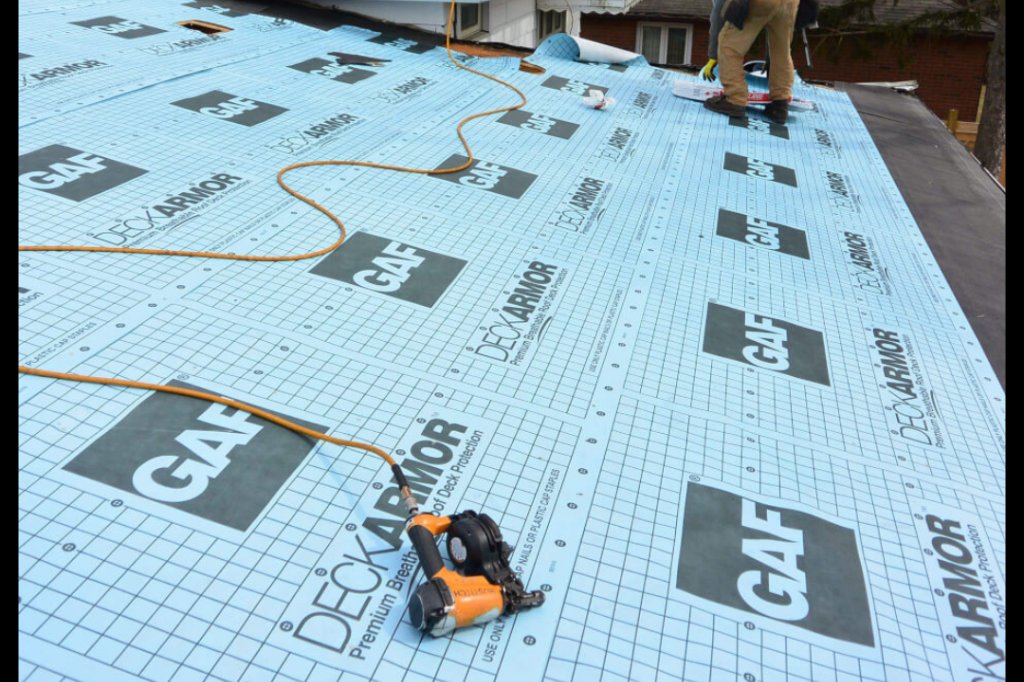
During and After the Project
Once the contract is signed and permits are secured (the contractor should handle this), the work can begin.
During the project, maintain open communication with your contractor. Ask questions if you have concerns. Be aware that roofing can be noisy and disruptive, and there will be debris. Ensure the contractor is following the agreed-upon cleanup plan.
Upon completion, do a final walkthrough with the contractor. Inspect the roof from the ground for appearance and ensure all visible work was done correctly. Check the yard and surrounding areas for any leftover debris, especially nails.
Before making the final payment, ensure you receive:
- A final invoice matching the contract price (or including agreed-upon change orders).
- Lien waivers from the contractor and any subcontractors or suppliers. This protects you from them placing a lien on your property if the contractor fails to pay them.
- All warranty documents, including the contractor's workmanship warranty and instructions on how to register the manufacturer's material warranty.
Securing Your Home's Protection
Choosing the right roofing contractor in Portland, Oregon, is a significant decision that safeguards your investment and provides long-term protection for your home. By following a diligent process of research, thorough vetting, obtaining and comparing detailed estimates, and understanding your contract, you significantly increase the likelihood of a successful project. Prioritizing licensed, insured, and experienced professionals with strong references ensures quality workmanship and peace of mind. Taking the time upfront to select the best fit for your needs will pay dividends for the life of your roof.

